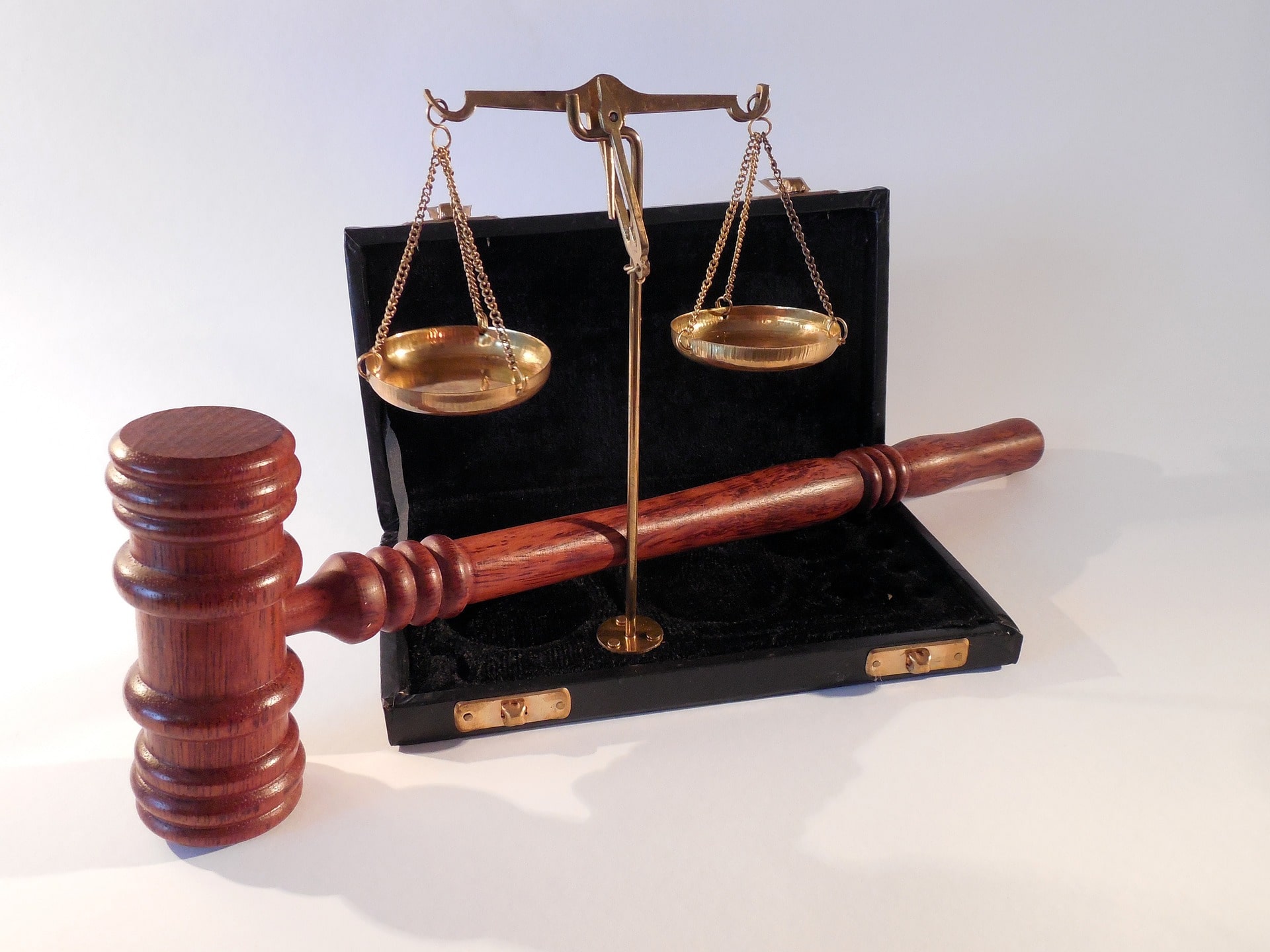
Definition of Alimony
An allowance made to one spouse by the other for support pending or after legal separation or divorce. Maintenance and alimony are interchangeably used and mean the same.
The alimony or the spouse support is an
obligation by laws in almost all the countries of the world. According to
marriage conventions in India, marriage is a sacred union. Once the knot is
tied, the duties and obligations of marriage are to be carried out for the rest
of the life even if there is mental disparity or physical separation between
the husband and the wife. The husband is bound to take up the responsibilities
for the maintenance of his wife in spite of sharing an estranged relationship.
The recommendations of the Law Commission on need of the alimony and the time of termination of the obligation to pay alimony
- A spousal maintenance award is properly made where the evidence shows that choices made during the marriage have generated hard future needs on the part of the claimant. Here the duration of the marriage and the presence of children are pivotal factors.
- An award should only be made by reference to needs, save in a most exceptional case where it can be said that the sharing or compensation principle applies.
- Where the needs in question are not causally connected to the marriage the award should generally be aimed at alleviating significant hardship.
- In every case the court must consider a termination of spousal maintenance with a transition to independence as soon as it is just and reasonable. A term should be considered unless the payee would be unable to adjust without undue hardship to the ending of payments. A degree of (not undue) hardship in making the transition to independence is acceptable.
- If the choice between an extendable term and a joint lives order is finely balanced the statutory steer should militate in favour of the former.
- The marital standard of living is relevant to the quantum of spousal maintenance but is not decisive. That standard should be carefully weighed against the desired objective of eventual independence.
- The essential task of the judge is not merely to examine the individual items in the claimant’s income budget but also to stand back and to look at the global total and to ask if it represents a fair proportion of the respondent’s available income that should go to the support of the claimant.
- Where the respondent’s income comprises a base salary and a discretionary bonus the claimant’s award may be equivalently partitioned, with needs of strict necessity being met from the base salary and additional, discretionary, items being met from the bonus on a capped percentage basis.
- If the choice between an extendable and a
non-extendable term is finely balanced the decision should normally be in
favour of the economically weaker party.
The following are the factors that influence the duration of payment of alimony
- The amount and duration of alimony generally depends upon how long the marriage existed. Marriages that lasted more than 10 years are entitled to be granted a lifelong alimony.
- Age of the spouse is also taken into consideration while awarding alimony. Normally a young recipient of alimony gets it for a short period of time if the court thinks that he or she will soon be able to become financially sound through prospective career excellence.
- Alimony is also in vogue in order to equalize the economic condition of both the spouses. The higher earning spouse is entitled to pay a heavy amount as alimony.
- The spouse who is projected to be enjoying a prosperous career is liable to pay high alimony amount.
- If one of the spouses is suffering from poor health, the other is subjected to payment of high alimony to ensure proper medication and well being of the other spouse.
- In Deepa vs Balaji , a judgment of Madras High Court [1] the Court held that a maintenance order that has been passed under Section 125 Cr.P.C. will be valid as long as the persons for whom the maintenance order has been passed is alive or until it is cancelled under Section 127 Cr.P.C or in a manner known to law.
- In simple words, the maintenance once fixed by the Court has to be paid till the person is alive in whose favour the order was passed.
- When the wife (who still receiving alimony) remarries with another man.
- When your wife gets employment after the divorce in that case also you can stop to paying the subsistence allowance.
- When the husband gets the reduction in their own income.
- When the payer gets the unexpected increment of expenses/financial crisis like suffering from any ailment, physical disabled, problems in family, hospitalization etc.
- The paying husband is suddenly and involuntarily unemployed.
- After the retirement from the job or at the age of retirement.
Some tactics that can be followed by husband
to reduce the maintenance to litigation ex-wife.
- That during the final stage of divorce you can give some permanent alimony for life time to your wife that is in the terms of onetime payment to your wife.
- If your wife is fit for doing any type of job than you can submit this main thing before the concerned court for eligibility of doing her job.
- With the leave of the Court enroll the wife in a course or vocational training so that it can develop a skill in the divorced wife so that she can earn her livelihood. It is because the basic objective of maintenance orders is to enable a transition to independence, to the extent that it is reasonable bearing in mind the length of the marriage, standard of living, the need to house the parties, and the continued shared responsibilities relating to children.
[1] Passed on 13 April, 2017 by the Court of HON’BLE DR. JUSTICE P.DEVADASS in C.R.P.(PD) No.1366 of 2017





